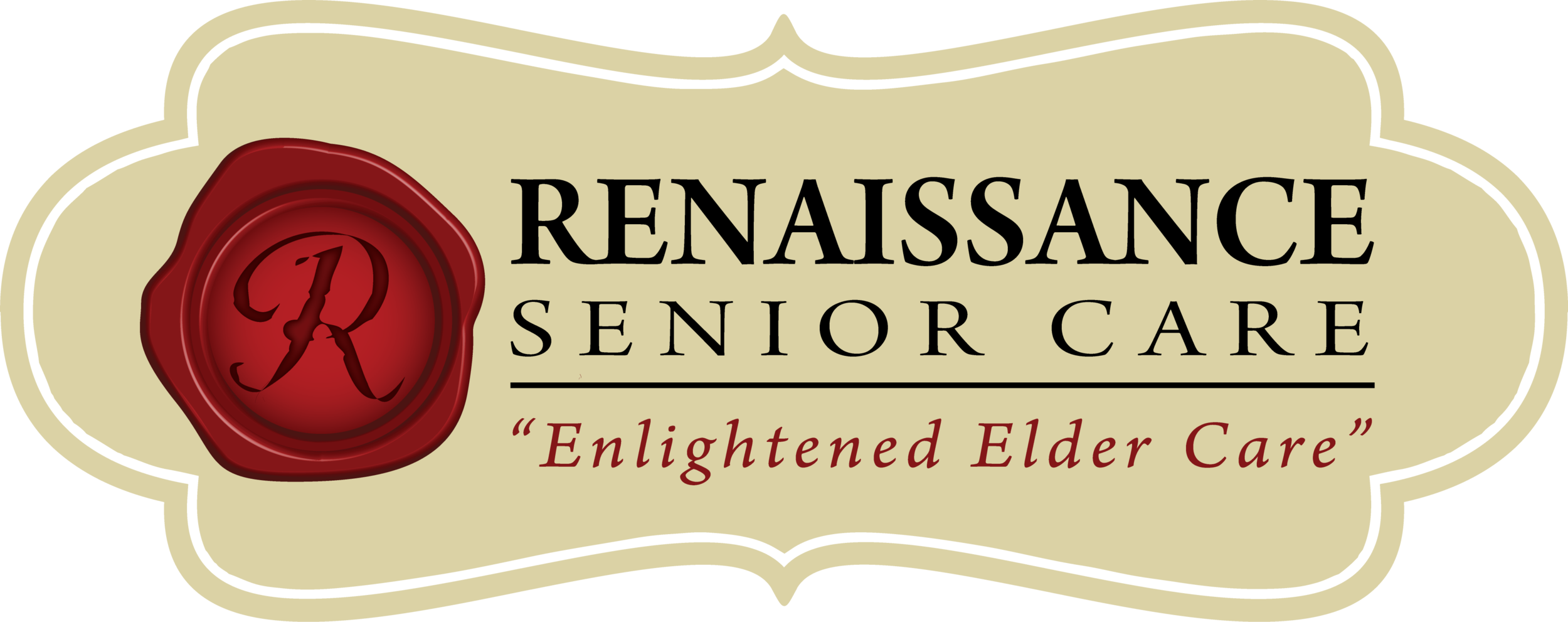What is Hospice?
What is Hospice?
When a loved one is aging, and you begin to consider seeking greater care for them, the options can seem endless. Hospice may be one of the choices you face, but what is hospice? What does its care entail? When is it the best decision for you and your loved one?
Hospice can be described as a philosophy of care. Rather than sole focus on physical health, hospice addresses quality of life. Both emotional and spiritual health become a primary area of care in hospice. It is a patient-oriented care, surrounding both a patient and their family with a team of attentive professionals. Hospice care aims to keep the patient as comfortable as possible for as long as possible.
Hospice is primarily for those with a limited life expectancy, usually one projected around 6 months or less. Patients who require hospice care usually have a very serious medical condition, one that can make day to day life fairly uncomfortable. Though many assume hospice care is for those suffering from cancer, a hospice patient can be suffering from heart disease, dementia, lung disease, and more.
Often patients and their family believe they should wait for a doctor’s recommendation for hospice. However, a physician may be waiting for the patient or their loved ones to start the conversation. This can often lead to a very late start to hospice care. Don’t feel as though you have to wait for your loved one or their doctor to suggest hospice care. If you feel your loved one could benefit from visits from qualified and caring professionals who specialize in easing pain and seeking greater mental/emotional/spiritual health, hospice may be the right choice for you.
Another common misconception surrounding hospice care is the idea of “giving up.” Many believe that resorting to hospice care is accepting that your loved one may pass soon. There is full hope in hospice care. If your loved one shows signs of recovery, you choose an experimental route for their care, or wish to resume treatment, hospice care is not set in stone and you may stop the treatment as desired. However, your loved one will not only be receiving the best care for their condition, but also the emotional and spiritual support the patient could be lacking. Hospice care provides an easing of pain and feeling of comfort that allows the patient to focus on things other than their condition. When your loved one is no longer plagued with intense pain, they can take the time to enjoy family, friends, and more. Hospice is far from giving up, but rather giving you and your loved one the hope for a well lived life. This care can be given in a number of places, including: the home, assisted living facilities, long-term care facilities, rest homes, hospitals, and more.
Much like all other forms of care, hospice care does not come free. Patients and their loved ones have several options when it comes to paying for care. Coverage for hospice is widely available. According to Moments of Life, hospice is covered by Medicare nationwide, by Medicaid in almost all states, and by most private health insurance policies. Private savings or pooled family money can also be used for payment for hospice care.
Hospice care is a plan for your loved one that is full of compassion, comfort, and quality care. Though misconceptions and confusion about hospice may deter you, it is essential to do your research, clearly and effectively communicate with both your loved and their physician, and understand that hospice is not the end, but the beginning of holistic care and comfort for your loved one.
If you have questions on Hospice, ask your doctor. You can also reach out to Renaissance Senior Care, we can help.
Renaissance Team
